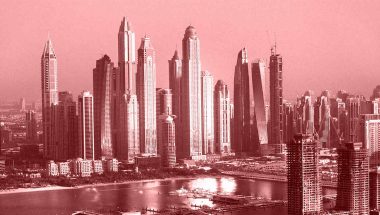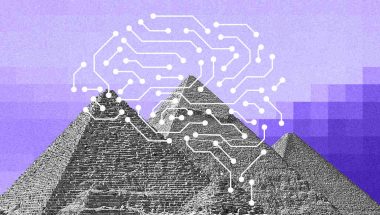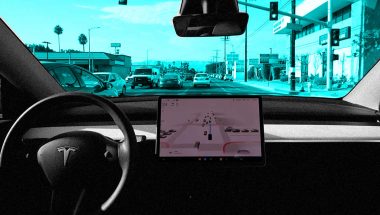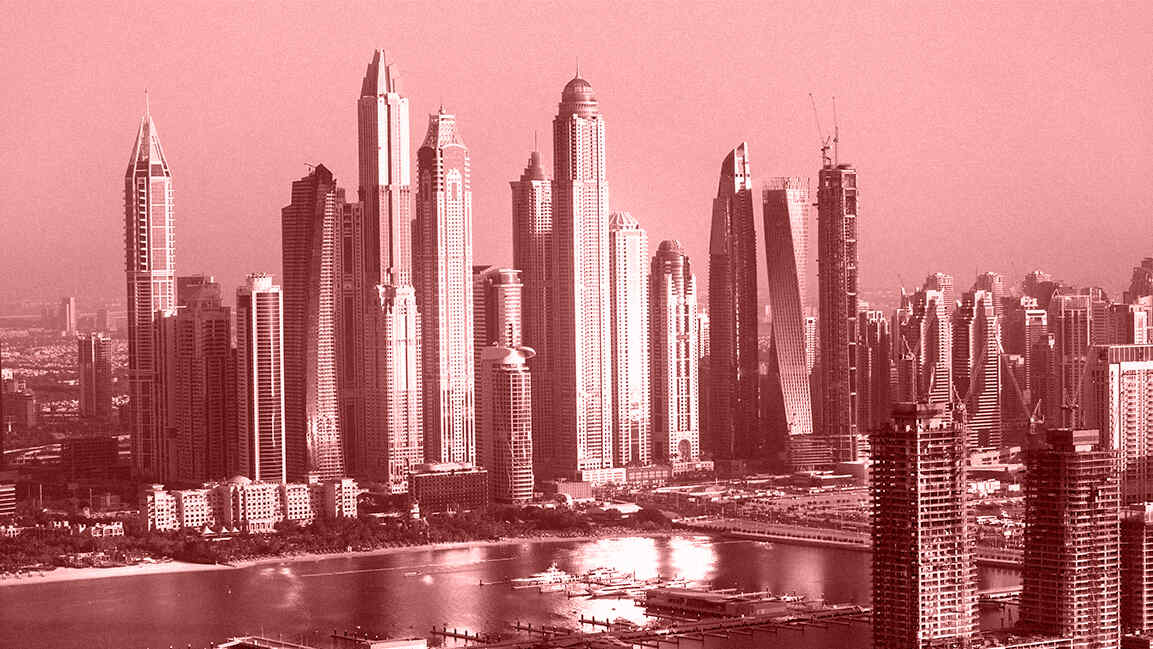- | 9:00 am
Here’s how the UAE is leveraging global talent to future-proof its economy
The UAE is redefining the talent acquisition game like a disruptive new startup

The UAE’s population growth signals more than a demographic trend.
It reflects the country’s growing pull as a destination for international professionals, lured by opportunity, lifestyle, and policy. However, this influx is creating pressure points within the recruitment ecosystem. No longer just about matching resumes with job descriptions, hiring in the UAE is evolving into a more nuanced, strategic process, one that must balance global ambitions with local needs and long-term workforce development.
MINING TALENT IN A POPULATION SURGE
The job market in the UAE has shifted significantly in recent years. Najat Abdelhadi, Communications Director for EMEA and LATAM at LinkedIn, highlights a sharp rise in job applications across sectors, with 81% of HR professionals reporting increased volumes over the past year. While this reflects the UAE’s growing appeal, the surge comes with a downside: a decline in application quality.
“Almost half of HR professionals in the UAE say it has become more challenging to find qualified talent, with the top challenge being the difficulty in finding candidates with the right skills,” Abdelhadi explains. In response, HR teams are shifting strategies, allocating more time and resources to actively source candidates rather than relying solely on incoming applications. Today, over 60% of HR departments are dedicating greater effort to identifying talent in an increasingly crowded market.
As businesses in the UAE continue to grow and diversify, certain sectors are seeing strong demand for talent. According to LinkedIn’s Economic Graph, government administration, real estate, equipment rental services, and construction lead in hiring activity.
Abdelhadi notes that these sectors recorded notable increases in 2025: government administration saw a 23.6% rise in hiring, while real estate and equipment rental services grew by 23%, and construction by 15%.
Darren Streete, Founder of Deconstructing HR, points to the UAE’s substantial investments in future-focused sectors such as manufacturing, technology, and healthcare. “The UAE’s commitment to becoming a global technology hub is evident through initiatives like the development of the Falcon large language models by the Advanced Technology Research Council in Abu Dhabi,” Streete explains. The country is also making strides in semiconductor manufacturing, with tech giants like TSMC and Samsung considering it for chip-making facilities.
Healthcare, too, is being transformed by the introduction of AI technologies. “Positions like AI specialists in medical diagnostics and healthcare data analysts have become more prevalent,” Streete adds. As industries evolve, demand is rising for professionals with skills in AI, machine learning, and data analytics.
In response to the challenge of sourcing qualified talent, many companies in the UAE are adopting a more inclusive, skills-based recruitment strategy. “One of the most effective ways to expand talent pools is a skills-based hiring approach,” says Abdelhadi. “LinkedIn’s Economic Graph report reveals that this approach could broaden the talent pool by 6.4 times in the UAE and is 12% more likely to lead to a quality hire.”
This shift is especially important as companies race to keep up with rapid technological change. In fact, 82% of Chief Human Resources Officers (CHROs) in the UAE say they prefer candidates with AI skills, even if they have less experience. By prioritizing skills over traditional qualifications, organizations are tapping into a more diverse talent pool, crucial for driving innovation and staying future ready.
VISA REFORMS FOR A GLOBAL TALENT POOL
The UAE’s push to attract global talent has been strengthened by progressive visa reforms. “The UAE has emerged as a global talent magnet, not by accident, but through deliberate visa reforms designed to attract, retain, and empower the brightest minds from around the world,” says Streete. Merit-based and investment-linked visas such as the Golden Visa, Green Visa, and Blue Residency have become key tools in the country’s economic and social transformation.
Moe Alhaj, Founder and CEO of Migrate World, explains that these visa categories represent a strategic, multi-layered approach to immigration, targeting different segments of global talent.
The Golden Visa targets high-net-worth individuals, entrepreneurs, and investors seeking long-term residency in exchange for substantial economic contributions. The Blue Visa is designed to attract innovators who contribute to the UAE’s sustainability goals.
Dr. Amna Bint Abdullah Al Dahak, Minister of Climate Change said, “This initiative aims to leverage their contributions to achieve ambitious national goals and build a sustainable future for the people of the UAE and the world.”
Meanwhile, the Green Visa supports a more self-reliant workforce, enabling skilled professionals and entrepreneurs to sponsor themselves, offering greater autonomy and flexibility. Together, this broad visa spectrum allows the UAE to tap into diverse pools of global talent, ensuring its economy remains competitive and adaptable.
Alhaj compares the UAE to a disruptive startup reimagining work culture and talent acquisition. “The UAE has already taken a bold step in redefining how talent is attracted and retained,” he says, citing the Green Visa as a key example of how the country is empowering individuals to sponsor themselves, a significant shift from traditional residency models. It’s a vision focused not only on attracting talent for today but also on ensuring that talent helps shape the nation’s future.
Beyond visa categories, the UAE continues to roll out policies aimed at retaining diverse talent. As Alhaj notes, “The UAE has implemented a number of forward-thinking policies that reinforce its position as a global talent magnet,” including streamlined foreign investment procedures and new residency pathways such as remote work and retirement visas.
These initiatives cater to various career stages and lifestyles, allowing the UAE to attract a wider spectrum of professionals.
FUTURE-PROOFING THE WORKFORCE
As the demand for agile talent grows, the UAE prioritizes skills that are aligned with the future of work. According to Streete, critical thinking remains essential across all sectors. “In a region known for rapid transformation, the ability to assess situations, solve complex problems, and make data-informed decisions is becoming indispensable,” he says.
As the country becomes increasingly tech-driven, skills in AI and data literacy are naturally in high demand. “Data literacy and AI fluency are increasingly emerging as the currency of value in the UAE’s most dynamic sectors,” Streete explains. Professionals who can blend domain expertise with data tools and AI systems will be especially sought after.
As the UAE continues to redefine its approach to talent acquisition, the future of recruitment in the region is being shaped by innovation, adaptability, and inclusivity.
Streete aptly puts it: “The full-time employee of the future in the UAE may not sit in a physical office, may not work for one company, and may not follow a fixed schedule, but they will be deeply embedded in the success of the organizations they serve.”
Today, the UAE is no longer competing solely on infrastructure or tax advantages—it is competing on talent, offering professionals the opportunity to thrive in a dynamic, forward-looking economy.







































